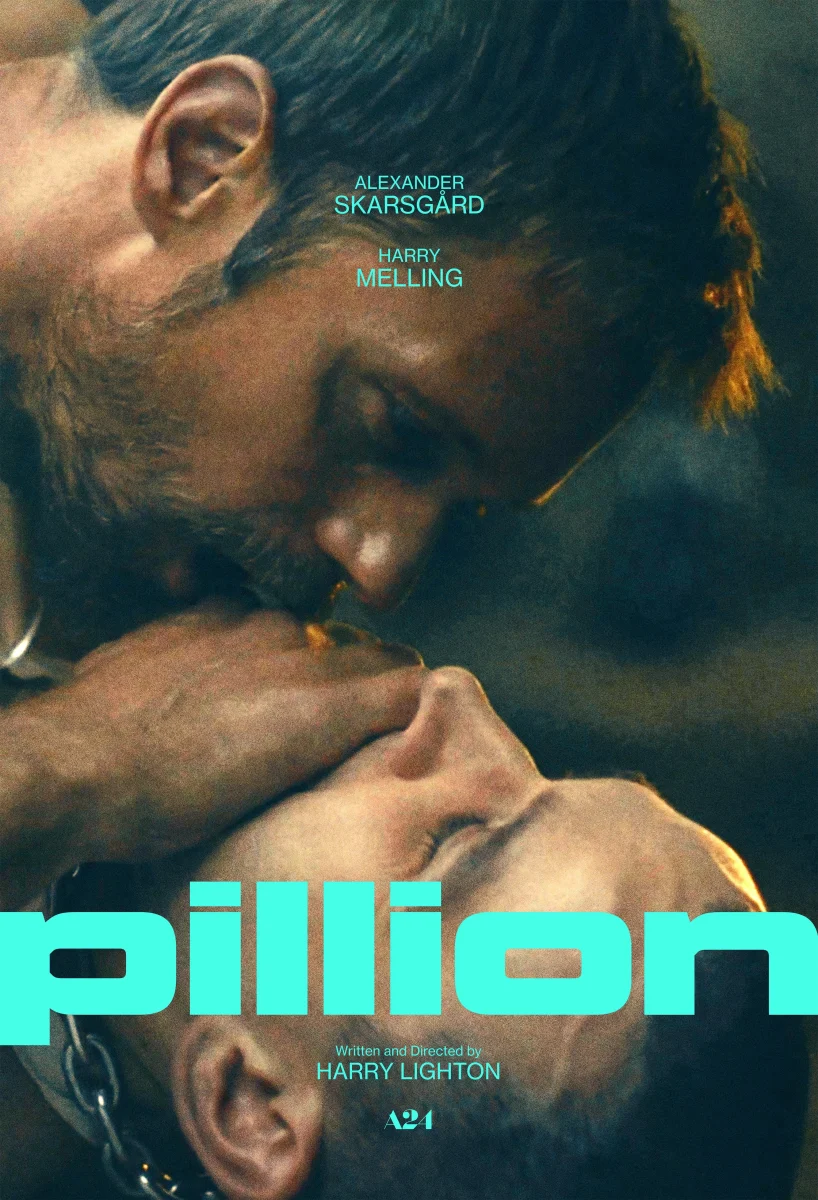With his clipped accent and sincere demeanor, Kazuo Ishiguro endeared himself to an eager audience at the Seminary Co-Op last Friday. Ishiguro, acclaimed author of A Pale View of Hills and The Remains of the Day, read from his new novel Never Let Me Go and then fielded questions from the audience.
There has been much written in the recent weeks concerning Ishiguro’s new novel, and there has been some controversy as to how much of the plot has been revealed in those reviews. While Ishiguro said that he does not believe the novel hinges on the supposed secret of the plot, I think it’s unfair to spoil anything.
The short, Japanese, and unmistakably British Ishiguro read from his novel as one would expect from its writer—with a familiar and exacting delivery. But it was his responses to the questions that made the reading truly interesting. Ishiguro seemed to answer questions the same way I think about where I want to eat dinner: with great deliberation and thought.
What especially surprised me was Ishiguro’s lack of pretense. This casual manner became apparent when Ishiguro answered questions concerning the film adapted from The Remains of the Day (starring Anthony Hopkins and Emma Thompson) some years ago and his attitude to film in relation to literature and his work. Ishiguro admitted he was, in the end, “ambivalent.” Ishiguro wants the experience of reading his novels to be a unique encounter, one that is distinct from going to a movie. In that way, he attempts to write “unfilmable novels.”
On the other hand, Ishiguro confessed that he is “pathetically excited” about the prospect of Never Let Me Go being made into a film. In fact, he revealed to the audience that an original screenplay he wrote, The White Countess, will be coming to theaters in the not so distant future. The movie is set in Shanghai in 1937 and stars Ralph Fiennes, Natasha Richardson, and Vanessa Redgrave.
Ishiguro delved further into the subject by focusing on Hollywood’s reach as opposed to the power of the literary world. Ishiguro was happy that the Anthony Hopkins film introduced him to more readers, but he agreed that it “comes at a price.” As a result, Ishiguro feels that he needs to deliver an extraordinary experience to compete with the prodigious influence of film.
Ishiguro gave the audience a window into his writing process by talking about how the question of placing the novel always gives him a “headache.” In fact, he said he finally set his first novel, A Pale View of Hills, in Nagasaki after World War II, but originally conceived it in present-day Cornwall. Ishiguro also talked about his fascination with how language can hide memory and how ordinary language cannot only create meaning, but also disguise it.
Three of Ishiguro’s novels have won awards, most notably The Remains of the Day, which won the 1989 Booker Prize (England’s answer to the Pulitzer). There is every indication that Never Let Me Go will also win recognition. In fact, Ishiguro was introduced as a man who is often mentioned in the same breath as the Nobel Prize, but as Ishiguro himself said in response, “I thought you had to be very old to get that.”








